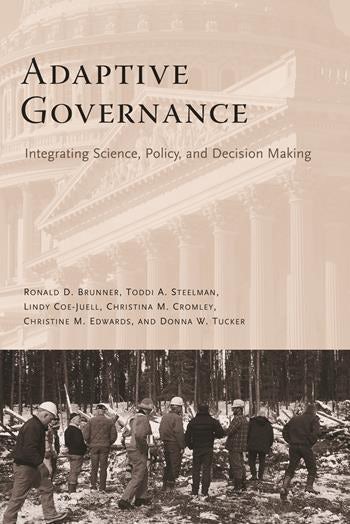Drawing on five detailed case studies from the American West, the authors explore and clarify how to expedite a transition toward adaptive governance and break the gridlock in natural resource policymaking. Unlike scientific management, which relies on science as the foundation for policies made through a central bureaucratic authority, adaptive governance integrates various types of knowledge and organizations. Adaptive governance relies on open decision-making processes recognizing multiple interests, community-based initiatives, and an integrative science in addition to traditional science.
Case studies discussed include a program to protect endangered fish in the Colorado River with the active participation of water developers and environmentalists; a district ranger's innovative plan to manage national forestland in northern New Mexico; and how community-based forestry groups are affecting legislative change in Washington, D.C.
- Contents
- Preface
- Acknowledgments
- 1. Beyond Scientific Management
- 2. The 15–Mile Reach: Let the Fish Tell Us
- 3. The Camino Real: To Care for the Land and Serve the People
- 4. Grassbanks: Diffusion and Adaptation from the Radical Center
- 5. The Oregon Plan: A New Way of Doing Business
- 6. Community-Based Forestry Goes to Washington
- 7. Toward Adaptive Governance
- Index

